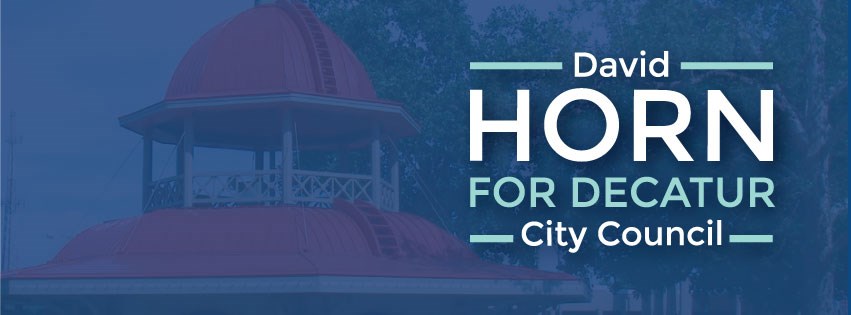
Decatur and its public schools should collaborate more. The city's budget is a barrier
Recently, it was announced that Decatur Public Schools and city of Decatur are likely to approve an intergovernmental agreement in which the city and school district agree to split the cost of demolishing the former Woodrow Wilson school building and transfer ownership of the site to the school district. Demolition of this delipidated, unsafe structure will remove an eyesore and improve the condition of this neighborhood. Too much of Decatur’s urban core is blighted and what the proposed agreement between the city and school district demonstrates is that neighborhood revitalization benefits everyone.
CITY OF DECATUR IS NOT KEEPING PACE WITH THE RATE OF BLIGHT
Years of limited investment in our urban core may be one reason the number of houses the city is declaring unfit for human habitation and boarding up is increasing rapidly. The number of Decatur housing units declared unfit for human habitation YTD thru October 2022 was 407, a 58% increase from the 258 units declared unfit thru October 2019 (pre-COVID). In addition, the number of housing units the city has boarded up thru October 2022 was 287, a 102% increase from the 142 housing units boarded up thru October 2019. The city has estimated that between 250-300 houses need to be demolished each year to keep pace with the rate of blight. YTD thru October 2022, the city has demolished 46 housing units.
THE CITY HAS MILLIONS IN ADDITIONAL FUNDS TO SUBSTANTIALLY IMPROVE OUR NEIGHBORHOODS. THE FUNDING IS BEING REDIRECTED
If a municipal budget is reflective of its values, the city should focus on increasing the well-being and quality of life for its current residents and attracting new residents that can join our city’s workforce. Here are specific steps that can be taken in the 2023 budget:
1) Reallocate remaining American Rescue Plan (ARP) funds to neighborhood revitalization and public safety – The 2023 budget proposes spending $4.7 million in ARP funds for the clarifiers project at the water treatment plant and $3.7 million to the Ellen/Division sewer project. The $8.4 million in water projects could be paid for by bond proceeds the city received in 2022.
2) Adopt a 60-day cash reserve and use the additional ~$6.4 million for ongoing neighborhood revitalization efforts for which unrestricted funds are needed. In 2022, Moody’s provided an update to Decatur’s credit and one of its strengths was the city’s healthy reserves. The report was issued when the cash reserve was $17.5 million. Cash reserves are projected to be at $22.1 million by the end of the year.
3) Have the public works department advocate for more innovative, less expensive solutions to infrastructure challenges. As it pertains to the possibility of using water from Lake Tokorozawa during droughts, the city opted for an option that is $4.9 million more expensive. As it pertains to the Oakland and Grand sewer separation project, city staff selected an option that was $4.9 million more expensive than another viable option. Ironically, the less expensive option for the separation project would have created more greenspace and possibly recreational opportunities in a blighted area.
Combined the 2023 budget has $24.6 million in spending for which there are less expensive alternatives or alternative funding sources. Most importantly, $25 million of additional funding toward neighborhood revitalization and public safety can be transformative in addressing the long-standing problems the city faces including population decline, labor force decline, high poverty, high violent crime, and neighborhood blight, assistance that would benefit our school children today and in the future.
